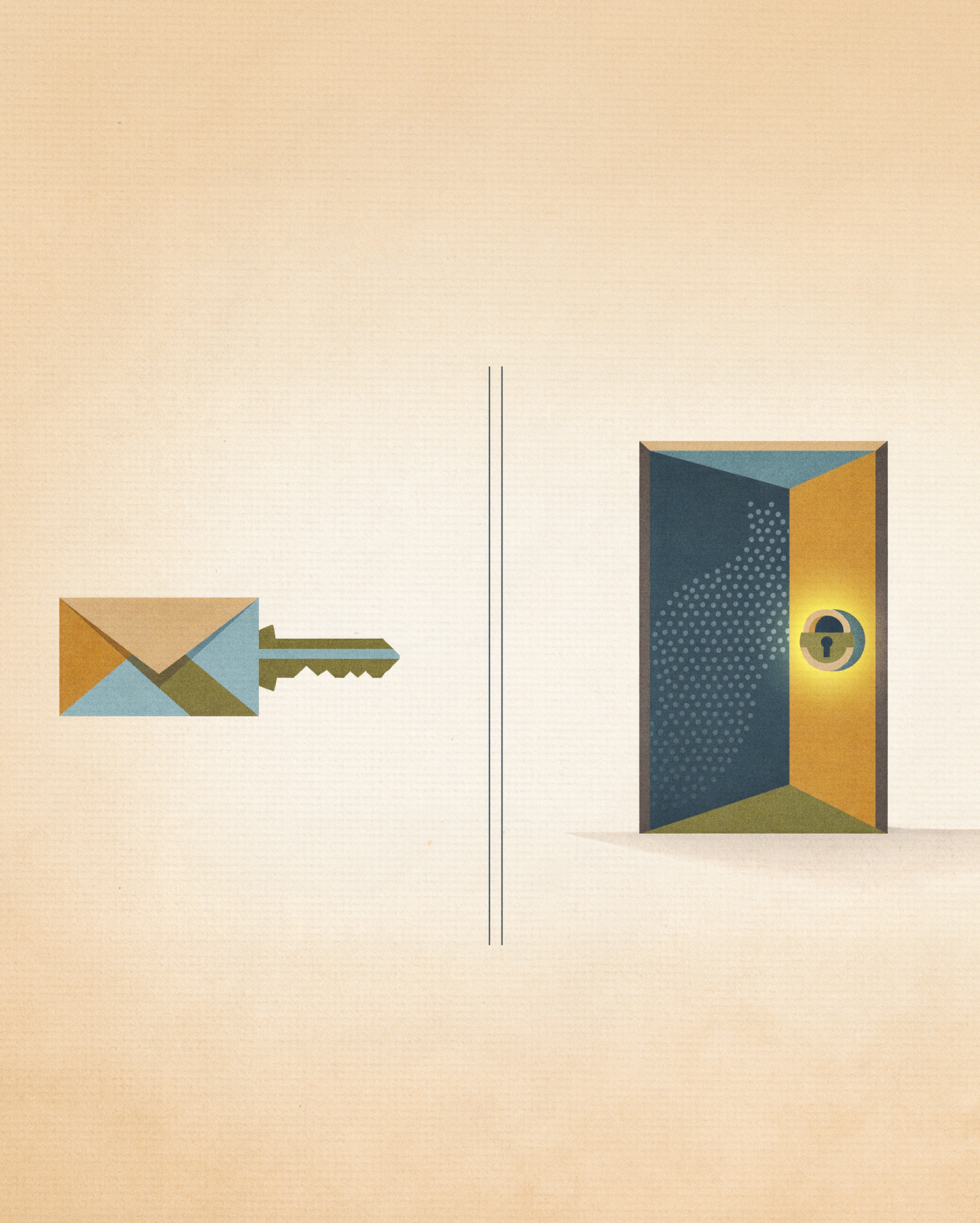Lunch Break and Break Laws – How Much Time am I Entitled to Legally?


Lunch Break and rest break laws are both employment laws that are governed by the Federal Government and the state in which you live. Some states refer to the Governmental laws under the Fair Labor Standards Act while other states, such as California have their own version of the Fair Labor Standards Act. Make no mistake, both sets of employment laws apply.
Break Laws in California
Under the Federal Laws – a meal or rest break is not required. Though when a break is part of a regular workday, they are counted as time worked.
Rest and lunch break laws in California are regulated as follows:
- 8-hour Work Day– Meal breaks are required once an employee works five hours. The minimum time for a meal break is 30-minutes.
- 10-hour Work Day – When workdays are ten hours or longer, such as 12-hour shifts in hospitals, the employee is entitled to two 30-minute lunch breaks.
- NOTE – There are circumstances where the employee may waive taking a lunch break. For a shift that is less than six hours long, the employee may decide not to take a lunch break. For a shift that is 12-hours long or shorter, the employee may decide not to take a second 30-minute lunch break. Regardless, for all shifts that are longer than six hours, the employee will take one 30-minute lunch break. And unions may provide different rules for union member workers.
- No-Leave Lunch Breaks – Some jobs require that the employee not leave their post. In those situations, an on-duty lunch break is required, and the time is paid. Regular meal breaks are NOT paid time unless that is part of the employee contract.
Rest Breaks Laws in California
The difference between a rest break and a meal break is that rest breaks are paid time. In California, an employee is entitled to a ten-minute rest break for each four-hours worked, or the majority of a four-hour period. The exceptions are for shifts that last less than three and one-half hours (3 1/2 hrs.). If an employee works a six-hour shift, they are entitled to two ten-minute rest breaks. If the employee works a five-hour shift, they are entitled to one ten-minute rest break.
Contact DLaw With Questions About Your Break Time Rights
Because of the way that shift time is counted, it can be difficult to understand if an employee is entitled to a paid break or lunch break. If you feel that your employer is not providing you with adequate meal and rest breaks, contact our knowledgeable team at DLaw. We are your local and experienced Employment Law team serving the San Diego, San Francisco, Sacramento, LA, and Fresno areas. Give us a call today at (818) 275-5799.

Ready to get started?
Contact us now for a free consultation to find out how we can help you.






















